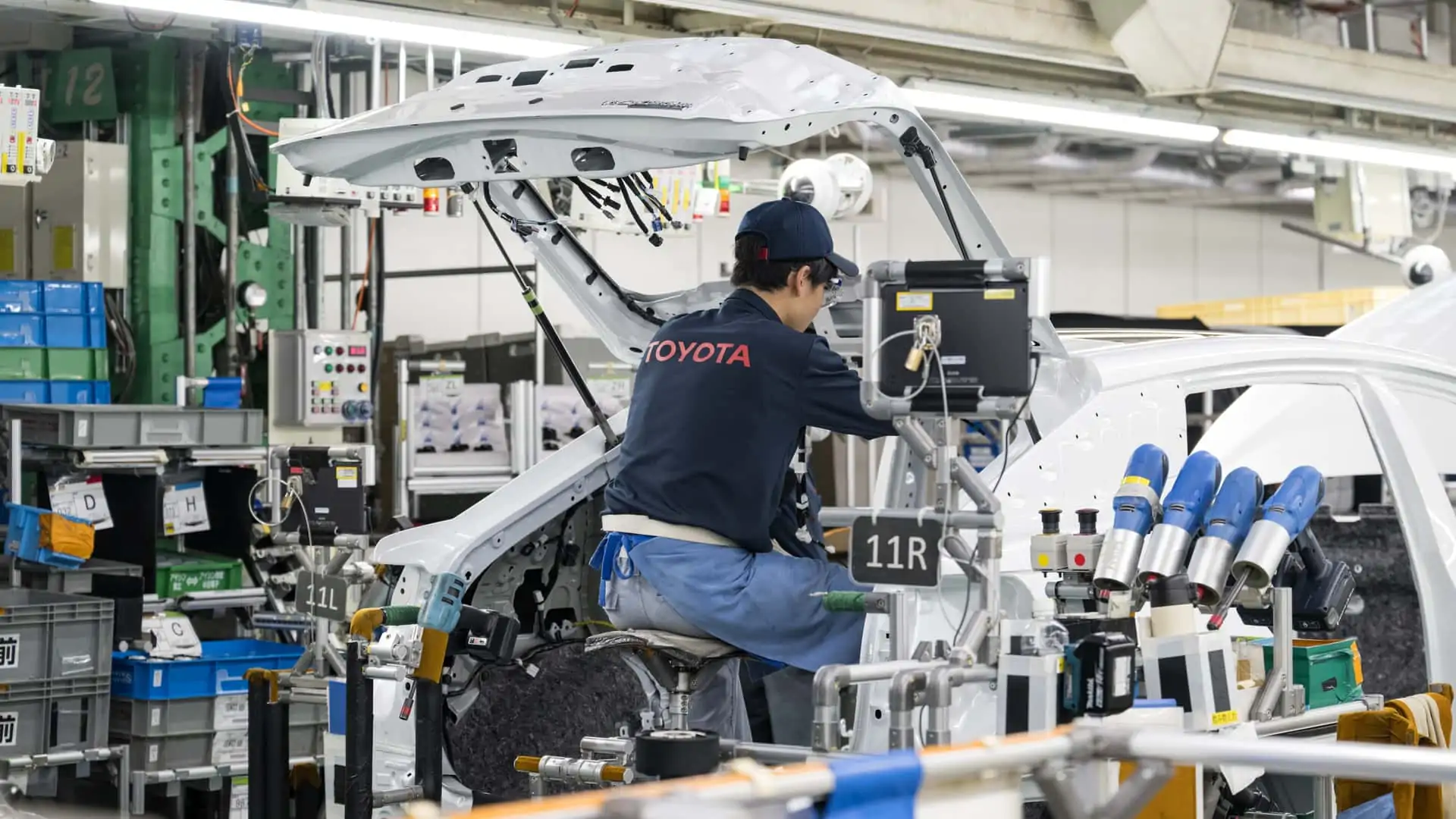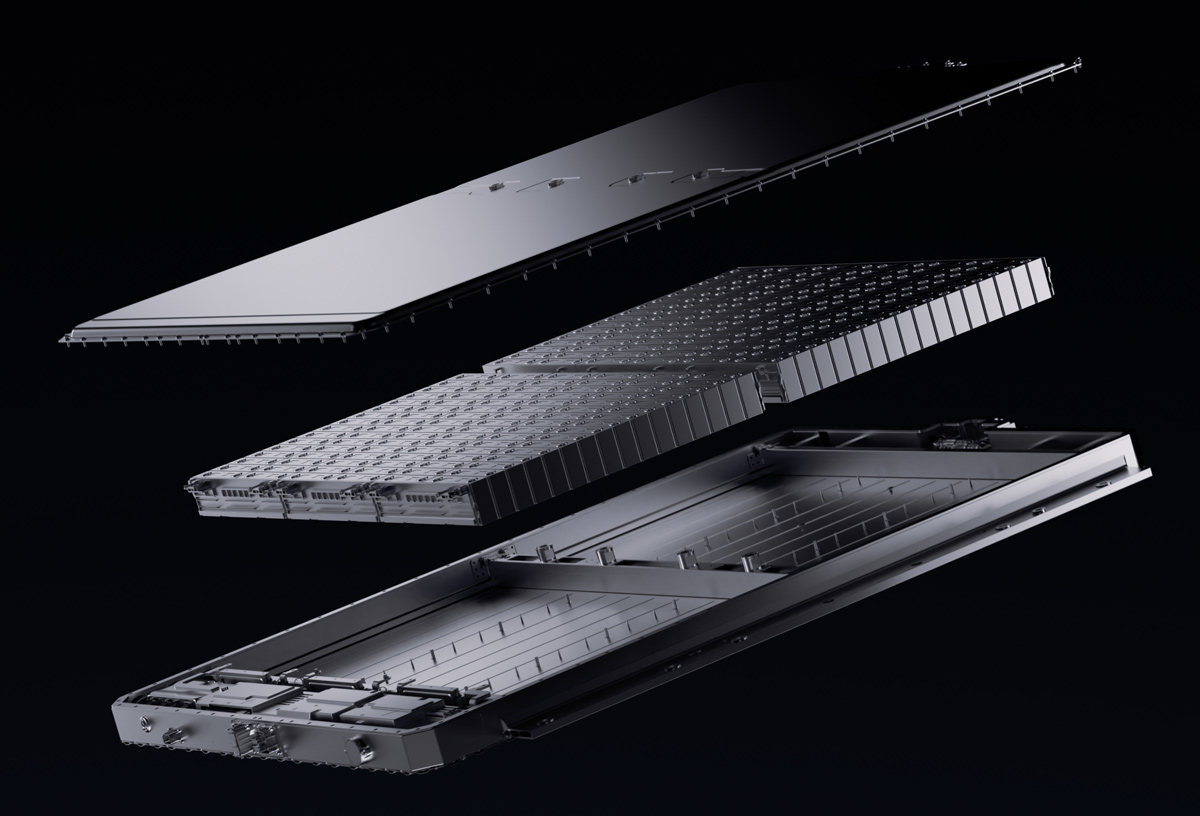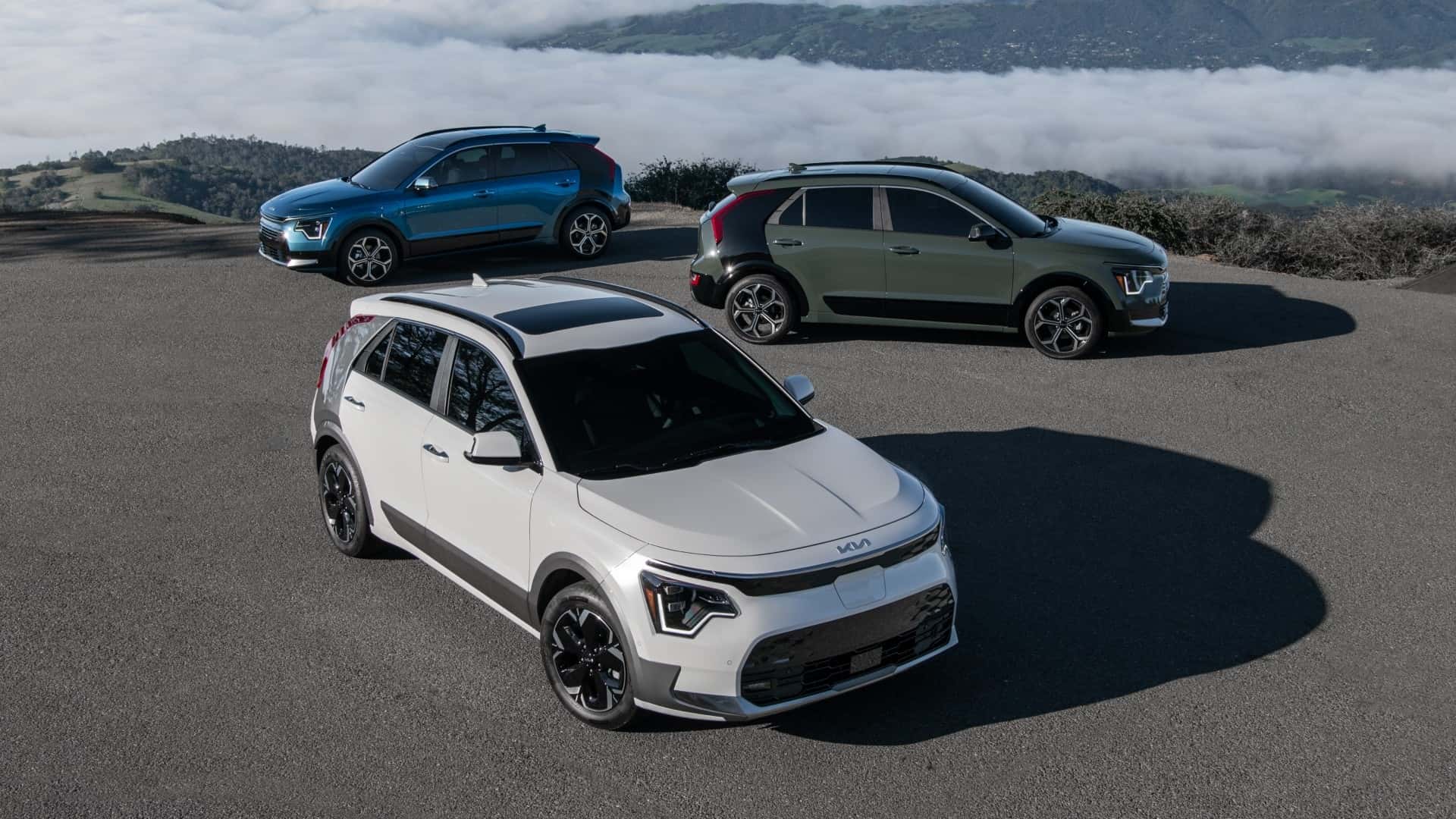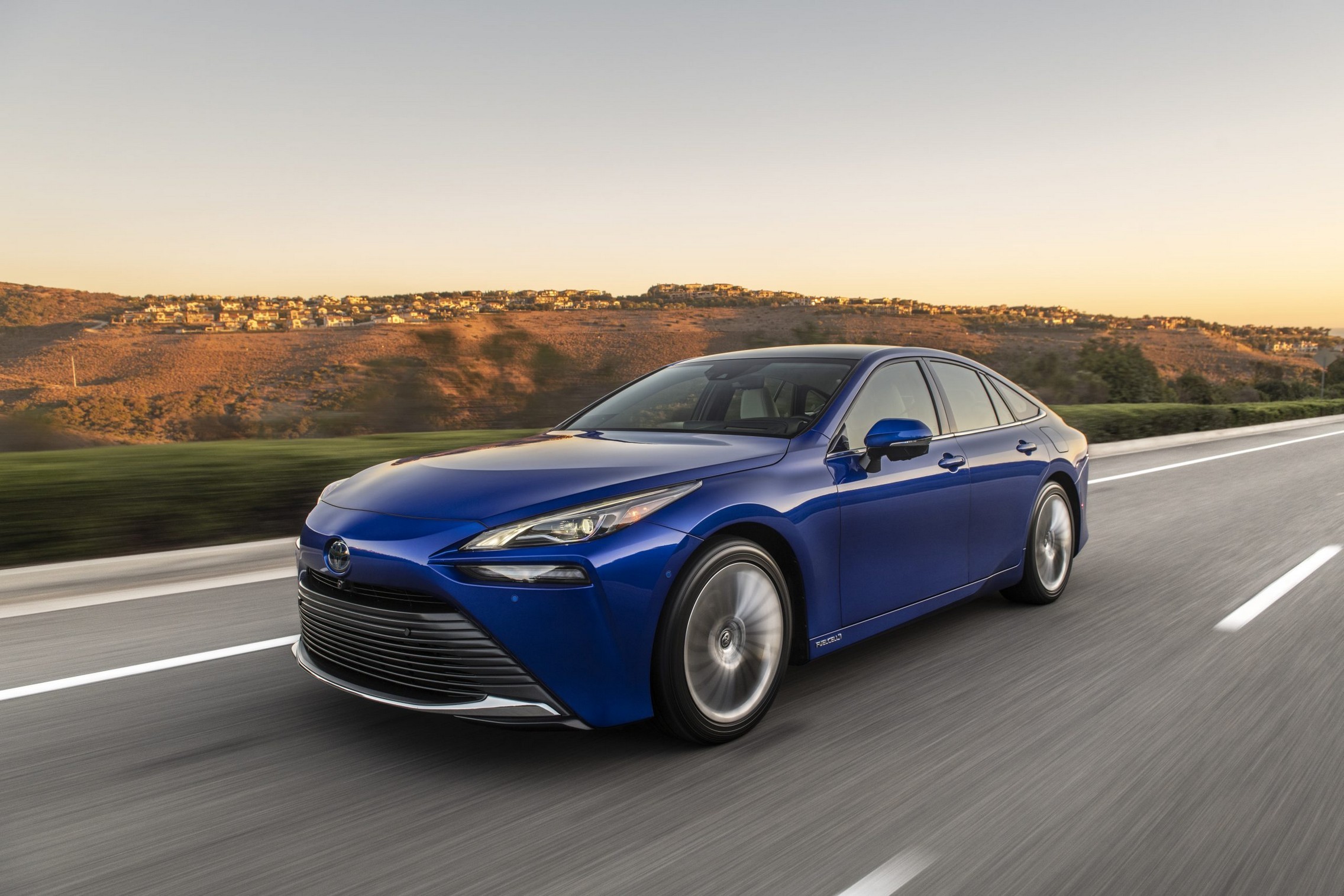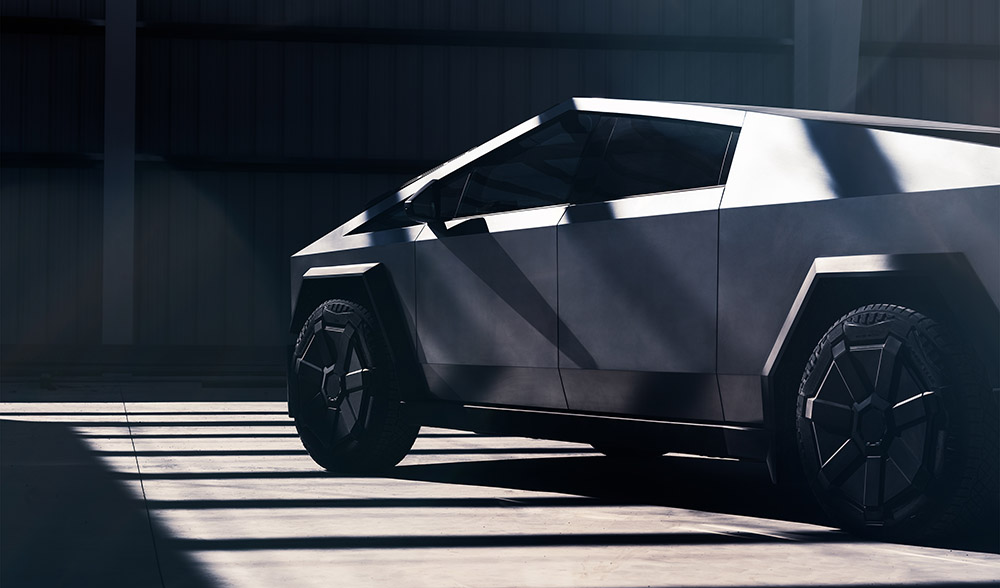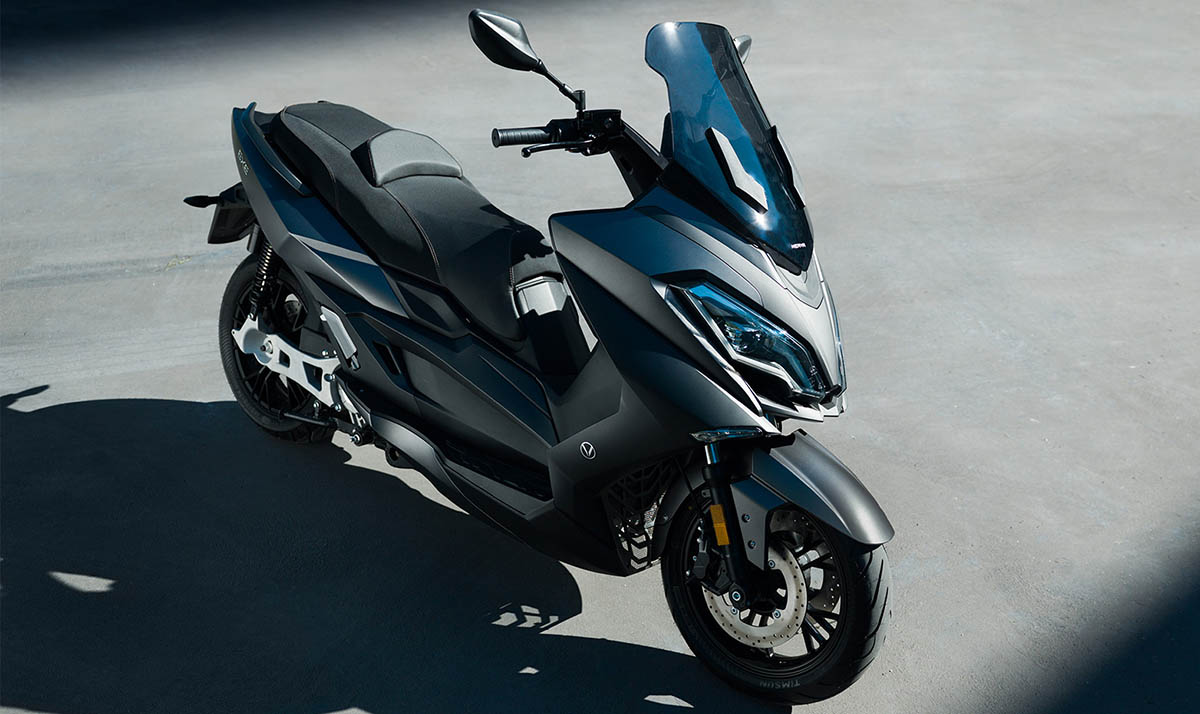In an era where some manufacturers are reevaluating their initial enthusiasm for electric vehicles (EVs), Japanese automakers are notably undeterred, proceeding with their plans as envisioned.
While brands like Ford, GM, and Genesis are adjusting their EV strategies, and Chinese automakers like HiPhi are pausing EV production, Japanese automakers like Toyota, Honda, Subaru, Nissan, and Mazda maintain a cautious yet steady approach to EV transformation.
See also: Toyota Teases Three-Row Battery Electric SUV for US Market
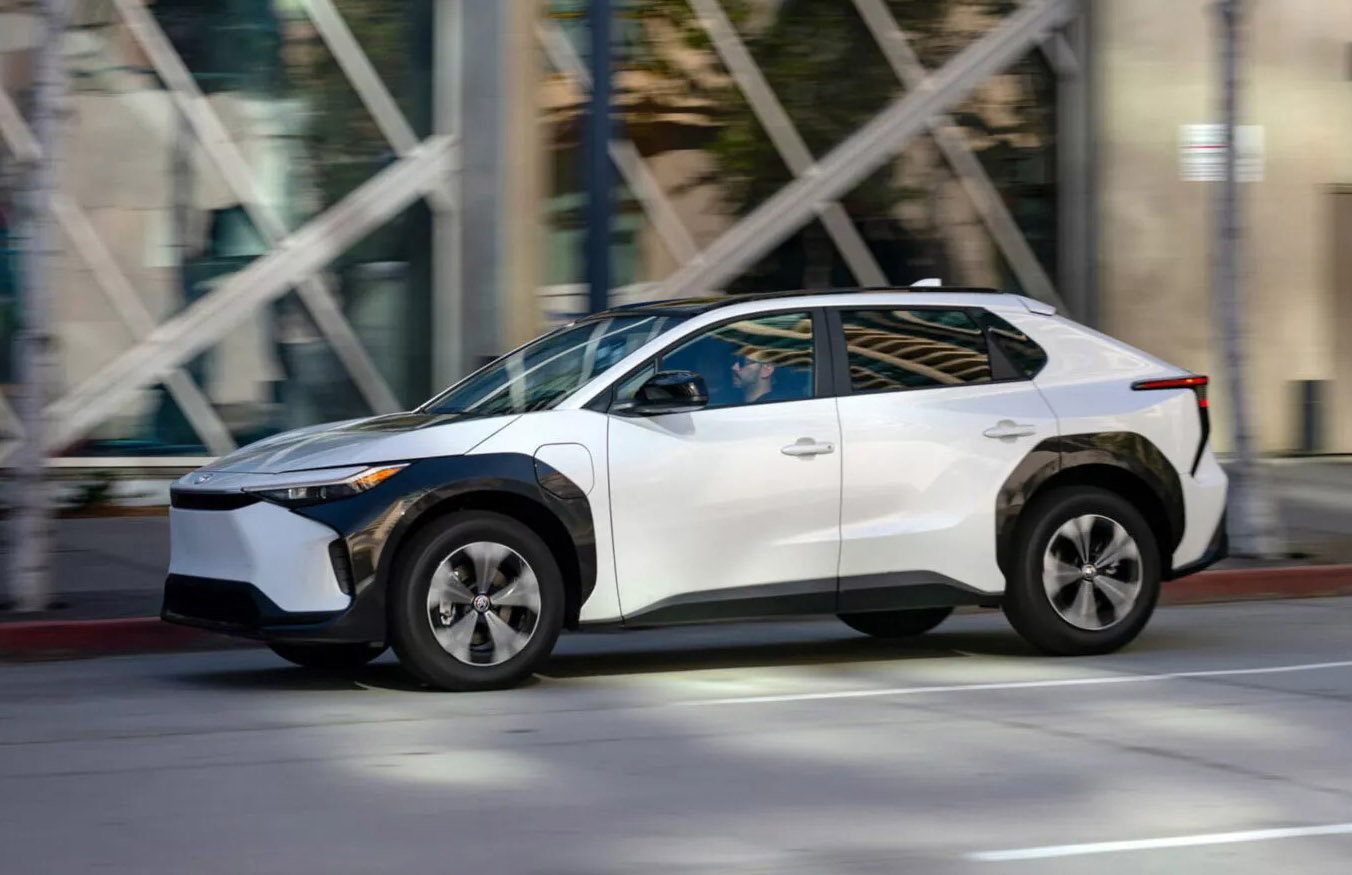
Toyota, known for its skepticism toward rapid EV adoption, continues to focus on its successful hybrid-powered vehicles. Toyota’s Chief Financial Officer Yoichi Miyazaki reiterated the company’s commitment to invest in EVs alongside their strategy to offer a full lineup including battery-electric, plug-in hybrid, and hydrogen powertrains.
Similarly, Honda Motor’s CFO Eiji Fujimura acknowledged a possible slowdown in the EV market but affirmed the company’s dedication to its EV plans. Subaru’s Executive Vice President Tomoaki Emori also noted that they considered the possibility of a growth plateau when devising their electrification plan.
See also: Honda Plans for Affordable Electric Successor to Best-Selling Civic amid Industry Shift
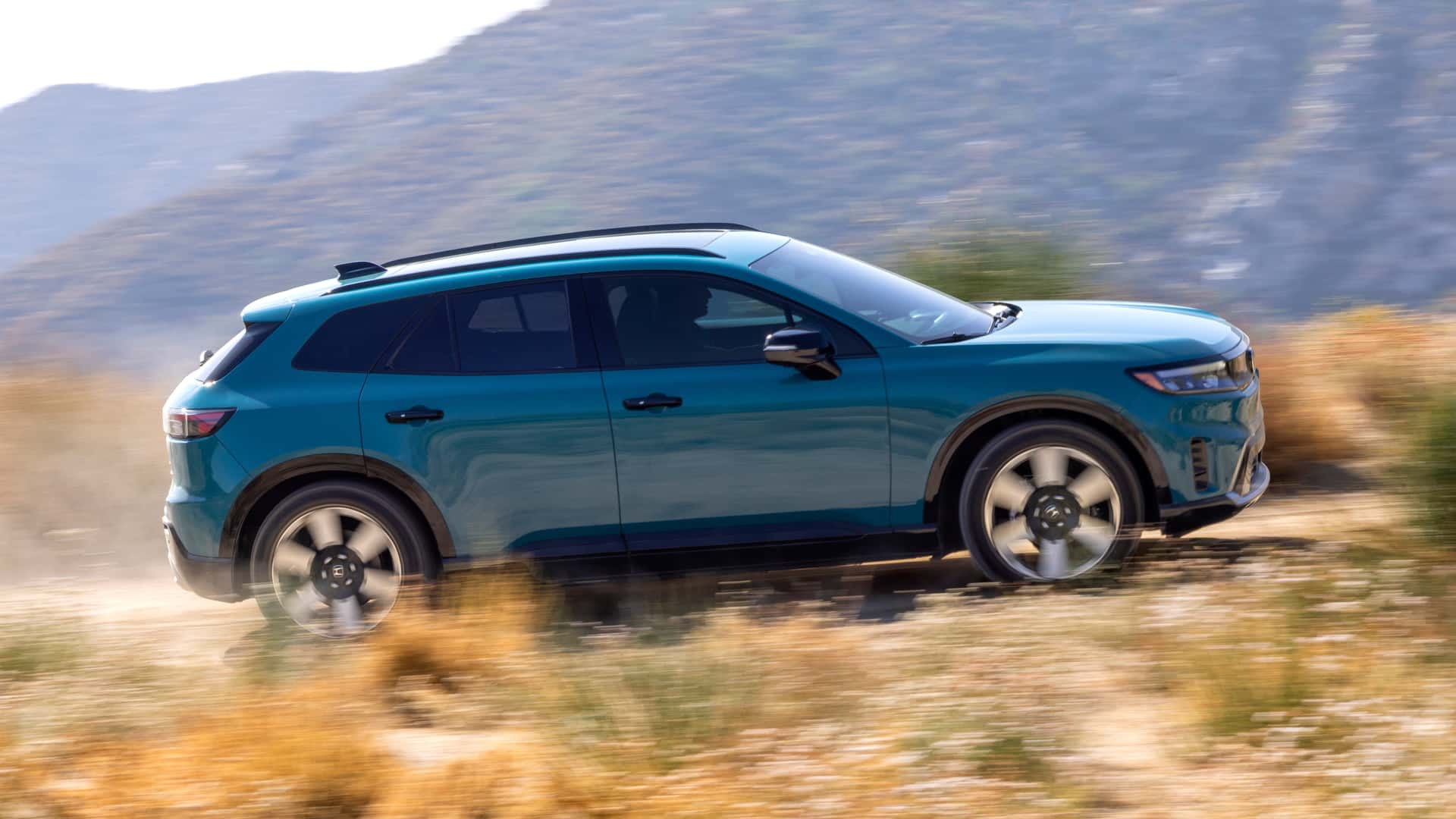
Nissan Motor’s CFO Stephen Ma emphasized that customer demand determines the pace of electrification, stating that while electrification growth might not be linear, it will continue to trend upward in the long term. Nissan remains committed to its EV plans, initiated with a 2 trillion yen ($13.2 billion) five-year plan to accelerate electrification in 2021.
The Japanese automakers’ cautious approach to EVs is not viewed as a reluctance to change but rather as a calculated strategy. They believe in aligning their EV plans with consumer demand while remaining focused on an electrified future.

